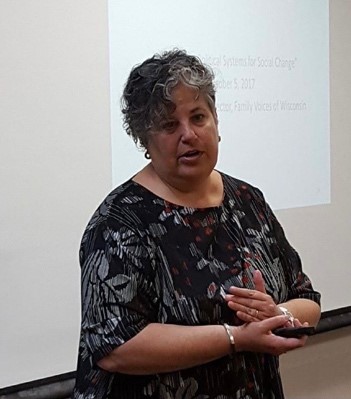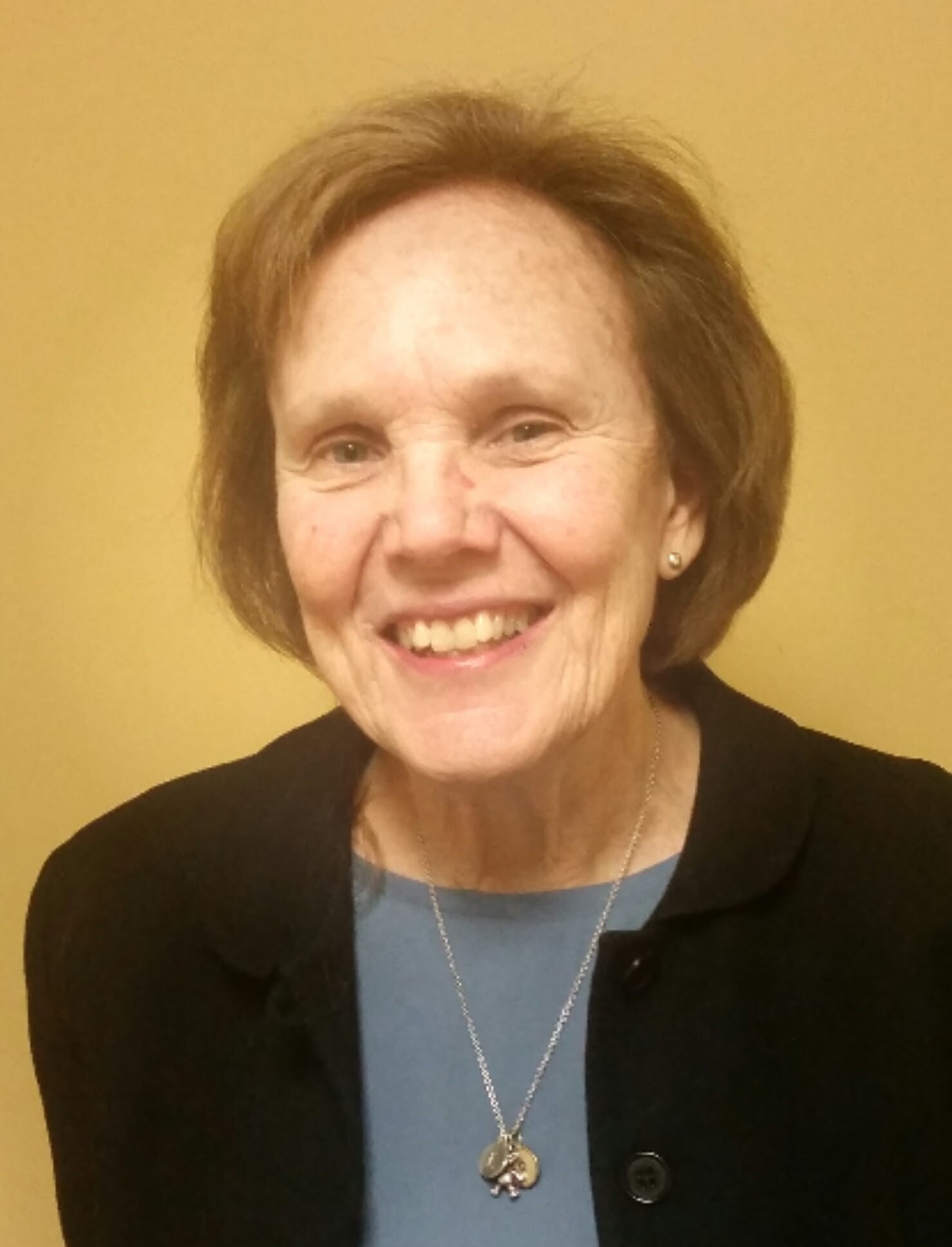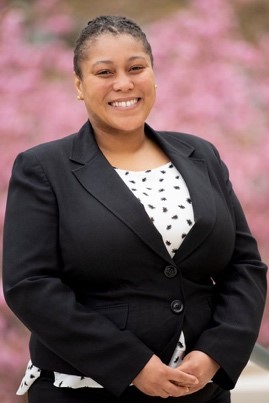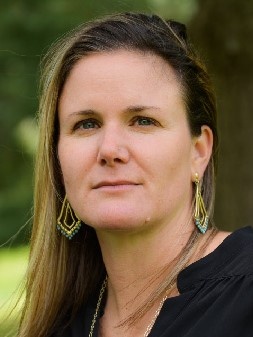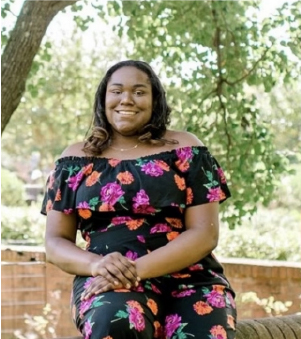Julie Hocker joins ACL as Commissioner of the Administration on Disabilities (Administration on Community Living Newsroom, 10/1/18).
More on the Proposed “Public Charge” Rule
For many months it has been expected that the administration would issue a rule redefining what it means to be a “public charge” for purposes of deciding which immigrants should be allowed to enter or stay in the United States. An UNOFFICIAL version of the proposed rule was finally released on September 22 with a press release from the Department of Homeland Security (DHS). It is considered “unofficial” because it has not yet been published in the Federal Register. In the coming days it will be available for public inspection online, and will be published in the Federal Register within about a week thereafter. At that point, a 60-day public-comment period will begin. An explanation of the proposed rule can be found in the September 26 Washington Update and in the materials below:
- NEW: While We Await Official Notice of Proposed Public Rules Changes, Here are Our Thoughts on Latest Version (Blog of the Georgetown Center on Children and Families, 9/28/18) – good, short overview of the public-charge rule.
- NEW: Proposed Changes to “Public Charge” Policies for Immigrants: Implications for Health Coverage (Kaiser Family Foundation, 9/24/18)
- Proposed Changes to Public Charge: Quick Analysis (Protecting Immigrant Families/Advancing Our Future)
- Federal Proposal Broadens “Public Charge” Definition for Immigrants: What Are the Implications for States? (National Academy for State Health Policy)
- 5 Things to Know About Trump’s New ‘Public Charge’ Immigration Proposal (Kaiser Health News)
Much more information can be found on at Protecting Immigrant Families, Advancing Our Future.
*** Family Voices Immigration Toolkit: The Family Voices Immigration Toolkit includes everything families, physicians and other professionals need to know about providing medical information to immigration officials, which may be needed to argue for allowing a child with special health care needs or the child’s parent to stay in the US.



